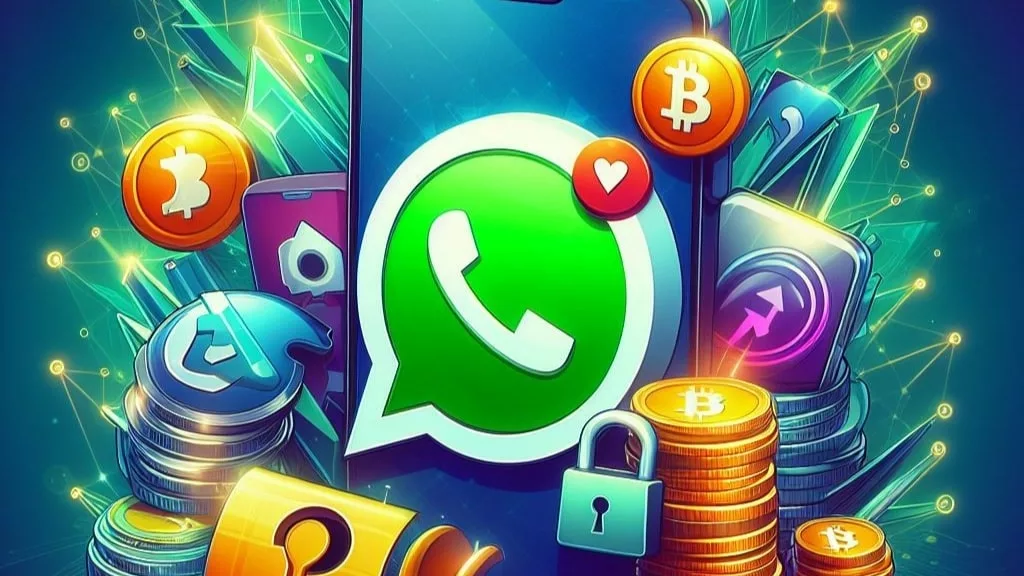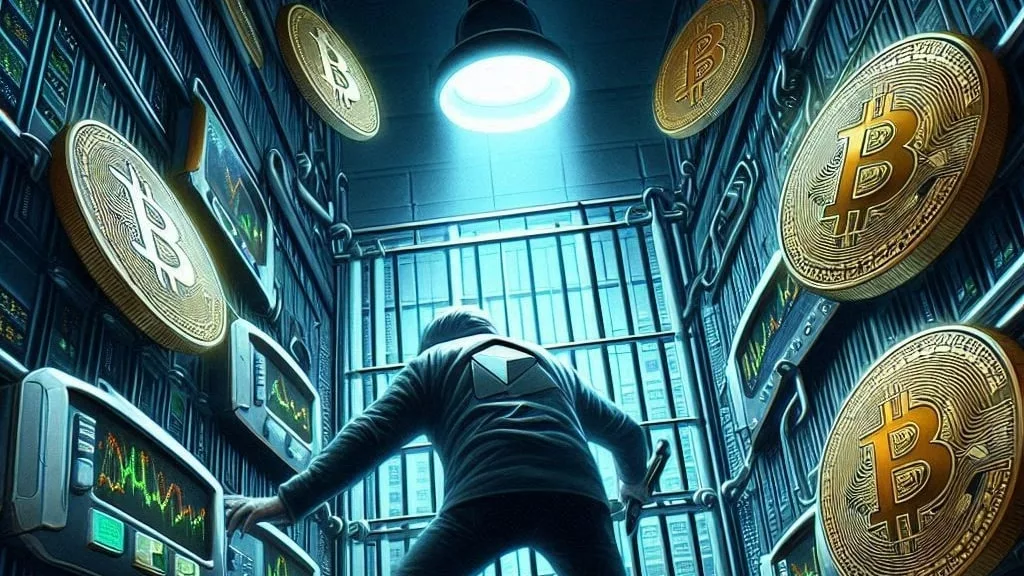
Controversial tech billionaire Elon Musk has recently set the crypto community abuzz with a critical security warning about popular messaging app WhatsApp. His warning has brought to light concerns about privacy and data security, leaving many wondering just how safe their communications really are.
In a tweet that quickly gained widespread attention, Musk claimed that WhatsApp regularly transfers private user data, hinting that the app may not be as secure as many believe. He pointed out that WhatsApp activates users’ phone microphones at night, potentially compromising user privacy by transmitting encrypted data to the company’s servers. This statement comes in the wake of ongoing concerns about data security and privacy in the digital age.
The issue of privacy on WhatsApp is not new. Owned by Mark Zuckerberg’s Meta, the app has faced scrutiny in the past for its data handling practices. Despite its end-to-end encryption promises, Musk’s allegations suggest that user data might still be vulnerable, raising alarms among its vast user base.
The reaction within the crypto community has been divided. Many users, including prominent crypto influencers, have expressed support for Musk’s concerns, echoing fears about potential breaches of privacy. On the other hand, there are those who remain skeptical, questioning the validity of Musk’s claims and seeking concrete evidence.
However, Musk’s video accompanying his tweet adds fuel to the fire. The footage appears to show WhatsApp activating user microphones even during the night, suggesting a possible breach of privacy. This has led to a flood of comments from concerned users and other tech experts seeking further clarification.
Earlier this week, Musk issued another warning, this time about a new feature presented by Microsoft. The feature, named Recall, is part of Microsoft’s AI assistant Co-Pilot and is designed to take regular screenshots of user activity on PCs and laptops. According to Microsoft, this feature aims to help users track their activities and recall past actions on their devices.
Musk criticized this innovation, comparing it to an episode of the dystopian series “Black Mirror,” which often explores themes of surveillance and loss of privacy. His comments highlight the growing unease about the increasing reach of technology into users’ private lives.
Musk’s warnings resonate deeply in an era where data privacy is paramount. With the rise of digital communication and the reliance on technology, the potential for privacy breaches has become a significant concern. Users entrust messaging apps like WhatsApp with sensitive information, assuming their data is secure. However, Musk’s allegations challenge this assumption, urging users to reconsider their digital habits.
As the dust settles from Musk’s revelations, the conversation about digital privacy continues to evolve. Users must remain vigilant and informed about the tools they use daily. While encryption provides a layer of security, it is not foolproof, and the potential for data misuse still exists.
For the crypto community, which values privacy and security, these warnings are particularly relevant. The debate ignited by Musk’s tweets is a reminder of the ongoing struggle to protect personal data in an increasingly connected world. As tech companies innovate, they must also prioritize the privacy and security of their users, ensuring that trust is maintained.
In conclusion, Elon Musk’s warnings have shone a spotlight on critical issues of data privacy and security. Whether or not his claims about WhatsApp are entirely accurate, they serve as a crucial reminder for users to stay informed and cautious about their digital interactions. As technology continues to advance, the balance between innovation and privacy will remain a key issue for individuals and communities worldwide.



Get the latest Crypto & Blockchain News in your inbox.